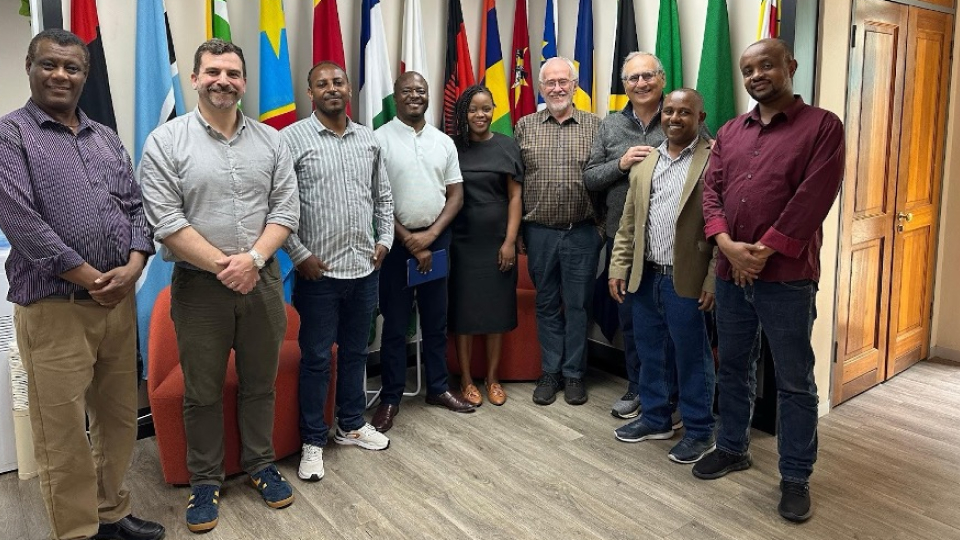
KIGALI, RWANDA – 27 JUNE 2025 | The Abdul Latif Jameel Water and Food Systems Lab (J-WAFS), the epicentre of food and water research at the Massachusetts Institute of Technology (MIT), organised an advanced training programme this week in Kigali, Rwanda, focused on the application of computable general equilibrium models to national-level food trade and policy analysis.
The training is part of an external capacity building programme for the Jameel Index for Food Trade and Vulnerability, an innovative online tool that equips policymakers, investors and development practitioners with data-driven insights to navigate the complexity of global food trade and its implications for food security amid mounting geopolitical, climate and economic instability.
Generating food trade vulnerability scores for over 180 countries, the Jameel Index analyses risks across eight major agricultural commodities: wheat, rice, soy, maize, dairy, meat, sugar, pulses and cooking oils.
The training provided capacity-building for economists from Ethiopia and Malawi to conduct country-level analyses assessing the role of food imports on future hunger, poverty and equity across different regional and socio-economic groups.
These analyses are expected to inform the development of country-specific deep-dive reports, which will be published through the Jameel Index and will help contextualise the index scores with real-world policy insights.
The programme was led by Rob Davies, professor emeritus of the University of Zimbabwe and the International Food Policy Research Institute, a CGIAR research centre and partner of the Jameel Index’s training programme initiative.
Participants had previously taken part in a one-week training programme at the International Water Management Institute in Pretoria, South Africa, in February 2025, and continued their learning through the Global Trade Analysis Project conference in Kigali from 24-27 June 2025.
Since the launch of the Jameel Index external capacity building programme in September 2023, MIT J-WAFS has trained 59 people through workshops and seminars held in Britain, Rwanda, South Africa and Uganda.
These training sessions support professionals in agricultural economics, trade modelling and public policy, including university faculty members, research institute staff and government officials.